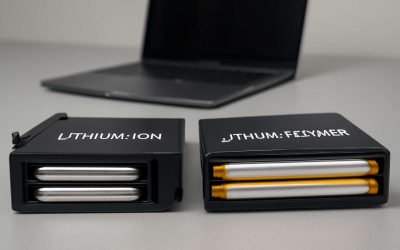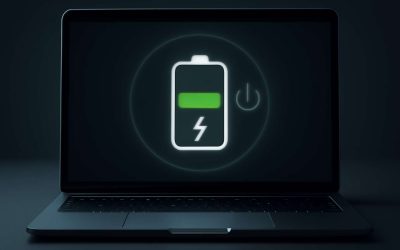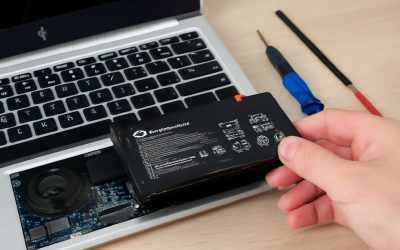The laptop battery is a vital part of your computer’s power system. The best way to avoid having your notebook’s battery die prematurely is to ensure that it is in good working order.
Like all batteries, your laptop’s battery is made up of a series of cells that produce electrical power. The battery has a complex electronic circuit that allows the battery to deliver the right amount of power at the right time to each cell in the battery.
These batteries are usually either lithium-ion or nickel metal hydride, depending on the type of laptop you own. Lithium-ion batteries are more durable than many other types of rechargeable batteries and have a higher energy density than NiMH batteries. They also have no memory effect, meaning that they do not lose their charge when not in use.
Batteries for laptops are available in a variety of sizes and capacities to suit the requirements of any particular laptop model. If you need to replace the battery in your computer, it’s important to make sure that you choose a replacement that has been specifically designed for your specific machine or laptop family.
There are several different ways to check the battery’s health, including using a diagnostic tool or running a utility program that is specifically designed for checking and replacing laptop batteries. These utilities will give you information about the specific battery, such as its chemistry, and can help you choose the correct replacement.
Besides analyzing the battery’s health, you can also use these tools to monitor how much life your computer’s battery has left. These programs will tell you how many charge cycles the battery has left before it should be replaced and provide an estimate of its remaining capacity.
The battery’s lifespan can be affected by a variety of factors, such as how you use your computer and the weather conditions in which you live. When the temperature is hot, for instance, a laptop battery’s electrochemical reactions speed up and create heat. This can wear down the battery’s cells, causing them to break down and eventually cause the battery to die.
If the weather is cool, on the other hand, the battery will not get as hot, and it can last longer. This is especially true if you’re not running the computer that hard, such as watching videos online or playing games.
You can keep your computer’s battery in tip-top shape by keeping it clean and free of dirt and grime, and by making sure that the battery contacts on each cell are properly aligned with the other cells. Every six months or so, you should clean the contacts with a cotton swab and rubbing alcohol to remove any electron-sapping debris from the connection.
Another key to extending the life of your laptop battery is to limit how often you run demanding applications. For example, if you’re streaming video or playing a game, it’s better to close those applications when you’re not using the computer.



0 Comments